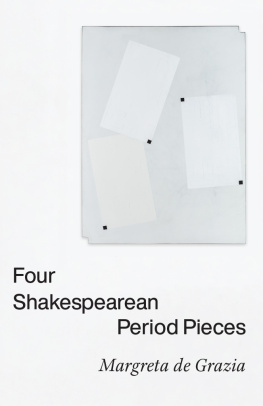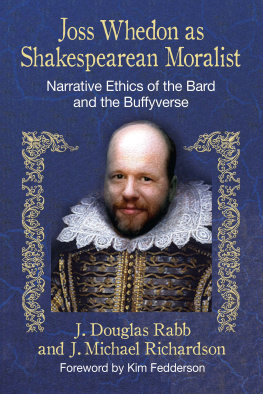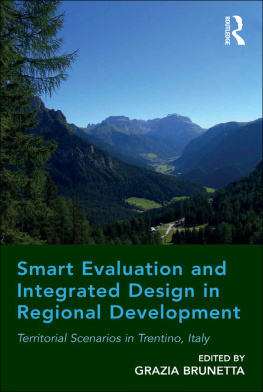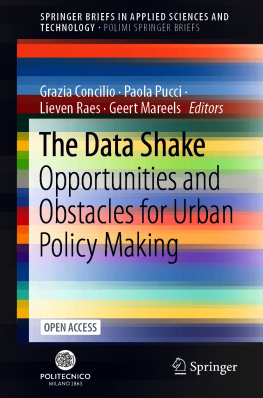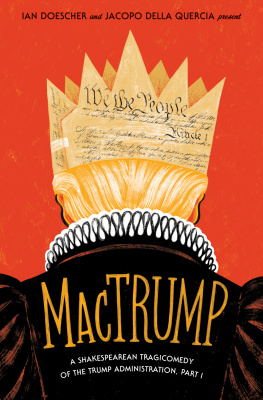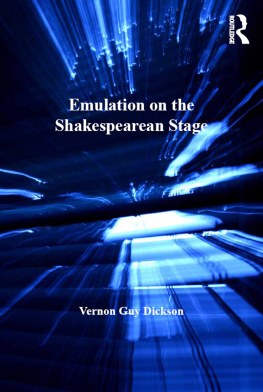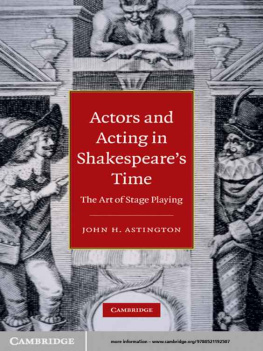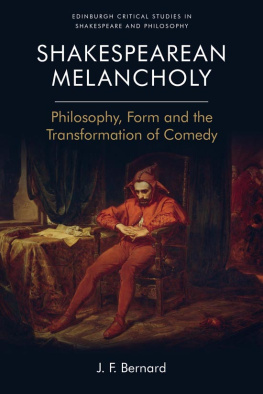Margreta De Grazia - Four Shakespearean period pieces
Here you can read online Margreta De Grazia - Four Shakespearean period pieces full text of the book (entire story) in english for free. Download pdf and epub, get meaning, cover and reviews about this ebook. year: 2021, genre: Detective and thriller. Description of the work, (preface) as well as reviews are available. Best literature library LitArk.com created for fans of good reading and offers a wide selection of genres:
Romance novel
Science fiction
Adventure
Detective
Science
History
Home and family
Prose
Art
Politics
Computer
Non-fiction
Religion
Business
Children
Humor
Choose a favorite category and find really read worthwhile books. Enjoy immersion in the world of imagination, feel the emotions of the characters or learn something new for yourself, make an fascinating discovery.
- Book:Four Shakespearean period pieces
- Author:
- Genre:
- Year:2021
- Rating:5 / 5
- Favourites:Add to favourites
- Your mark:
- 100
- 1
- 2
- 3
- 4
- 5
Four Shakespearean period pieces: summary, description and annotation
We offer to read an annotation, description, summary or preface (depends on what the author of the book "Four Shakespearean period pieces" wrote himself). If you haven't found the necessary information about the book — write in the comments, we will try to find it.
Four Shakespearean period pieces — read online for free the complete book (whole text) full work
Below is the text of the book, divided by pages. System saving the place of the last page read, allows you to conveniently read the book "Four Shakespearean period pieces" online for free, without having to search again every time where you left off. Put a bookmark, and you can go to the page where you finished reading at any time.
Font size:
Interval:
Bookmark:
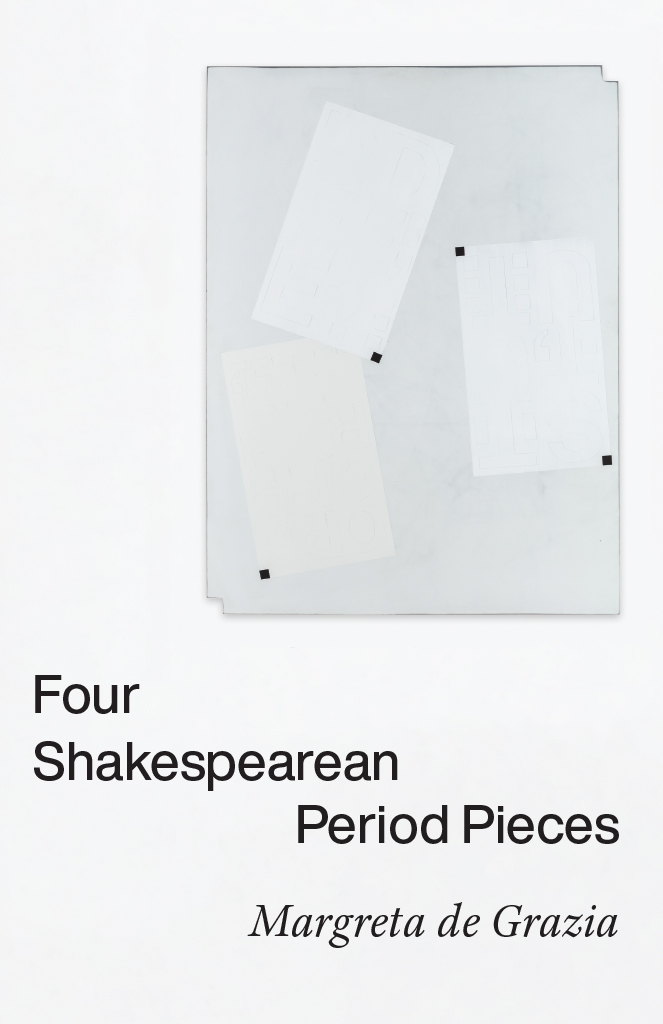
MARGRETA DE GRAZIA
The University of Chicago Press
Chicago and London
The University of Chicago Press, Chicago 60637
The University of Chicago Press, Ltd., London
2021 by The University of Chicago
All rights reserved. No part of this book may be used or reproduced in any manner whatsoever without written permission, except in the case of brief quotations in critical articles and reviews. For more information, contact the University of Chicago Press, 1427 East 60th Street, Chicago, IL 60637.
Published 2021
Printed in the United States of America
30 29 28 27 26 25 24 23 22 21 1 2 3 4 5
ISBN -13: 978-0-226-78519-6 (cloth)
ISBN -13: 978-0-226-78522-6 (paper)
ISBN -13: 978-0-226-78536-3 (e-book)
DOI : https://doi.org/10.7208/chicago/9780226785363.001.0001
Library of Congress Cataloging-in-Publication Data
Names: De Grazia, Margreta, author.
Title: Four Shakespearean period pieces / Margreta de Grazia.
Description: Chicago ; London : The University of Chicago Press, 2021. | Includes bibliographical references and index.
Identifiers: LCCN 2020051720 | ISBN 9780226785196 (cloth) | ISBN 9780226785226 (paperback) | ISBN 9780226785363 (ebook)
Subjects: LCSH : Shakespeare, William, 15641616Criticism and interpretation.
Classification: LCC PR 2976 . D 36 2021 | DDC 822.3/3dc23
LC record available at https://lccn.loc.gov/2020051720
 This paper meets the requirements of ANSI/NISO Z 39.48-1992 (Permanence of Paper).
This paper meets the requirements of ANSI/NISO Z 39.48-1992 (Permanence of Paper).
To Colin Thubron
The Somerset House Conference (1604)
Hector and Ajax in combat (1632)
Sinon and Thersites embracing (1632)
Diomedes and Cressida (1709)
Cressidas commonplaces (1609)
Chronology at a glance (1972)
A Catalogue (1623)
Shakespeare as classic (1709)
Corneille as classic (1664)
Edmond Malone, chronology of forty-three plays (1778)
An alternative chronology (1792)
Coriolanus la Romaine (ca. 1750)
Roman Coriolanus (1803)
Roman Titus Andronicus (ca. 1600)
Coriolanus on Chinese porcelain punch bowl (17551765)
Inigo Jones, a Roman figure (1614)
Inigo Jones, costume design for King Albanactus (1634)
Vignette print of bas-relief by Anne Seymour Damer (1803)
Mr. Kemble in the Character of Coriolanus (1798)
Roman triumphal procession (1753)
Christ triumphant, detail (1596)
Possible staging of act 5, scene 3, The Tragedy of King Lear (1992)
In a certain way it is always too late to ask the question of time.
J. DERRIDA , Margins of Philosophy
A curious transvaluation is taking place in our study of the past. As key terms are being reappraised, negatives are becoming positives and vice versa. Anachronisms, previously condemned as errors in the order of time, are being hailed as correctives or alternatives to that order, features not to be extirpated but entertained, perhaps even cultivated. At the same time, the schema violated by anachronism, chronology, is on the defensive, as are the historical units of time we call periods. Once the mainstay of historical studies, chronology and periods are now suspected of limiting and distorting the past they were formerly entrusted to represent. Also on the decline is the master narrative of secularization they have been sustaining in which an epochal break from a devout past precipitates an ever-advancing trajectory toward secularity. The explanatory force long enjoyed by that narrative is now being challenged if not rejected.
Four Shakespearean Period Pieces begins by sketching out the alterations the four terms italicized above appear to be undergoing. But this is only to prepare the way for the books focus: the work these terms have done in the study of Shakespeare. Each of them entered commentary on Shakespeare centuries after Shakespeare. And each of them is currently under reappraisal. The book begins with a chapter on anachronism, once an embarrassment in Shakespeare studies but now a plausible heuristic, and it proceeds with chapters on chronology, periods, and the secularization narrative, respectively, all formations once crucial to the reproduction and understanding of Shakespeare that are now under stress. Before turning to Shakespeare, however, we need first to rough out the larger epistemic overturn that is this books working postulate, beginning with the term that is no longer a simple marker of opprobrium: anachronism.
We think we know what an anachronism is: an error in the order of time. To be more specific, it is an error in the order of chronology imagined as advancing uniformly in one direction, like an arrow. It is also an error in the order of historical periods: self-contained totalities, enframed like pictures. Chronology and periods conjoin to form a diachronic time line sectioned into synchronic time frames; the former gives direction, the latter coherence. Anachronism foils both.
It is no wonder, then, that red flags go up when anachronisms are detected.
Indeed, our way of talking about historical periods encourages us to think of them as persons. We anthropomorphize them, attributing to each a distinctive character with distinguishing featuresa spirit or a style, for example, or a temperament, even a pathology. Above all, periods, like persons, are said to have a particular way of viewing and experiencing the world, a Kantian Weltanschauung that translates variously as worldview, world picture, mindset, or episteme. And this is where problems arise. For the historian also belongs to a period and therefore holds its regulatory way of looking at the world. Anachronism occurs when a contemporary worldview is assumed to correspond with that of the period in question.
It is not surprising, therefore, that the strongest critique of anachronism comes from the historian of worldviews or mentalits. Lucien Febvre has urged that the study of any given past should restrict itself to the terms that period would itself have used and understood, especially in regard to mental processes. Without such a restraint, historians risk projecting their own conceptual categories onto the past, thereby committing psychological anachronism... the most insidious and harmful of all. With religion itself in the balance, the doctrinal severity of the charge is unmistakable: the unforgivable sin is the denial of the Holy Ghost, damnable and unpardonable, in this world and the next.
And yet a change of critical opinion is in the air. No longer vilified, anachronisms are now being seen as productive, creative, and useful. A spate of recent titles reflects this turnabout: The Return of Anachronism, The Rhetoric of Anachronism, The Sovereignty of Anachronism, Towards a New Model of Renaissance Anachronism, The Concept of Anachronism and the Historians Truth. Each of these studies puts anachronism to positive use as a literary hermeneutic, as an adjudicator between the claims of formalist and historicist criticism, as a figure of the psychoanalytic symptom, as a new temporal dimension for past artifacts, and as a heuristic by which to enlarge historical possibility. A reversal appears to be occurring: the feature once thought to vitiate the study of the past is now beginning to show signs of promise.
Anachronisms, it seems, are no longer the errors they used to be.
Next pageFont size:
Interval:
Bookmark:
Similar books «Four Shakespearean period pieces»
Look at similar books to Four Shakespearean period pieces. We have selected literature similar in name and meaning in the hope of providing readers with more options to find new, interesting, not yet read works.
Discussion, reviews of the book Four Shakespearean period pieces and just readers' own opinions. Leave your comments, write what you think about the work, its meaning or the main characters. Specify what exactly you liked and what you didn't like, and why you think so.

